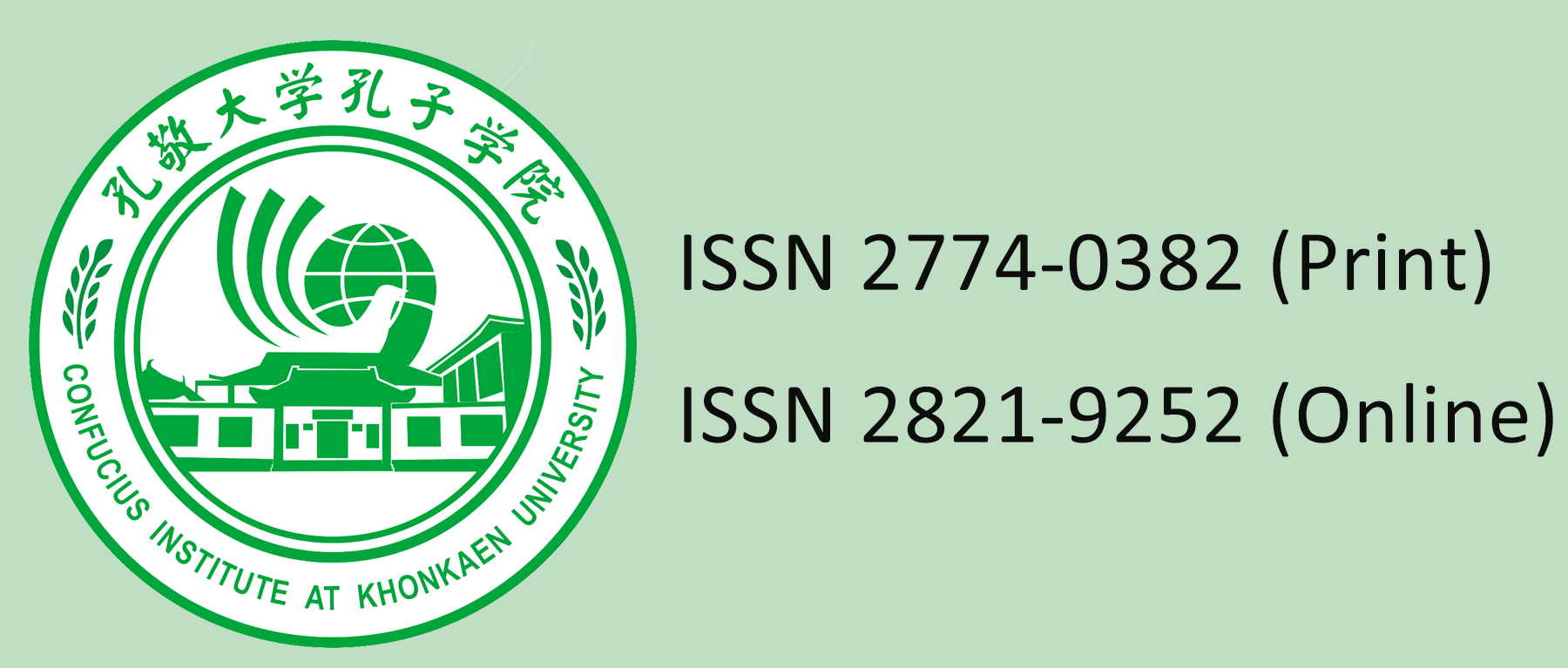A Study of the Errors of Native Korean Learners in Acquiring ‘dang-ran’ Based on the Corresponding Chinese Words of Chinese Origin Word ‘dang-yon’
Main Article Content
Abstract
The Chinese origin word ‘dang-yon’ in Korean comes from the Chinese word ‘dang-ran’. After its semantic evolution and differentiation, it can correspond to various semantics and their usage in modern Chinese including words such as ‘dang-ran,’ ‘bi-ran’ and ‘zi-ran,’ etc. This research is mainly divided into three parts. First, we try to speculate on the types of errors that native Korean learners may make when acquiring the Chinese word ‘dang-ran’ by analyzing the parts of speech, meanings and usages of the main Chinese words corresponding to the related forms of Korean ‘dang-yon.’ Second, we will use the error analysis theory to sort out the errors among native Korean learners in the HSK dynamic composition corpus.Third, we compared the predicted results of interlingual comparison with specific error types and finally analyzed the causes of related errors among native Korean learners. In the conclusion, we propose overall teaching suggestions for native Korean learners based on the types and causes of errors related to the acquisition of ‘dang-ran’ and the ‘usage-based model’ theory of cognitive linguistics. We hope that this study can provide some reference for international Chinese teaching practice from the perspective of country-specific and language-specific differences.


